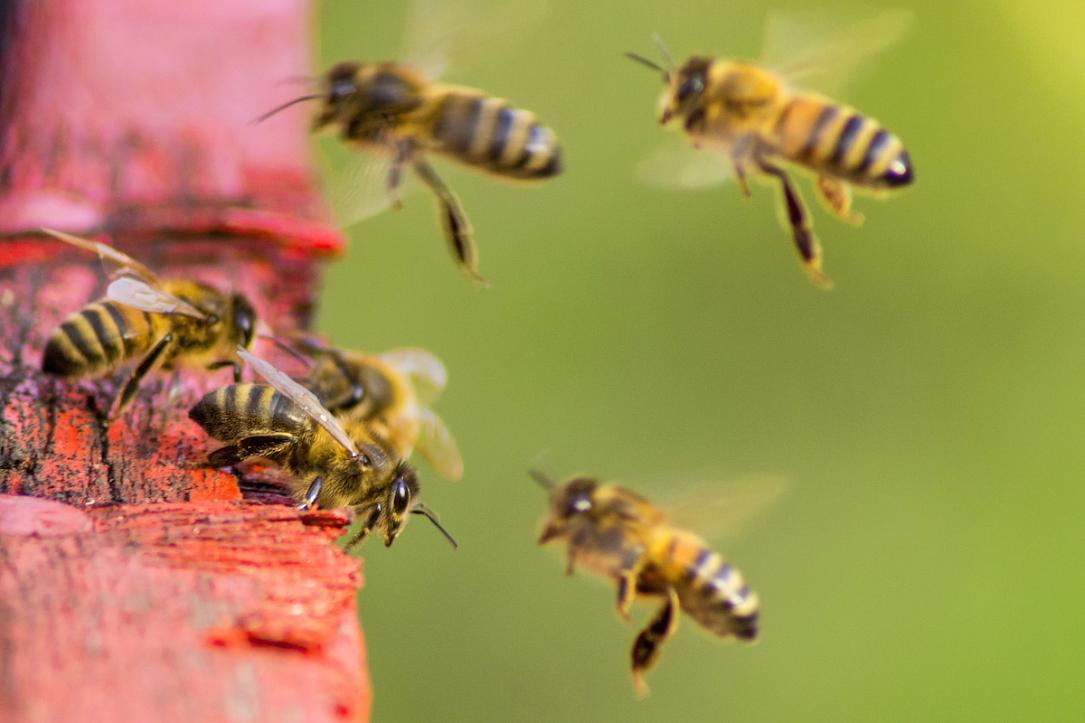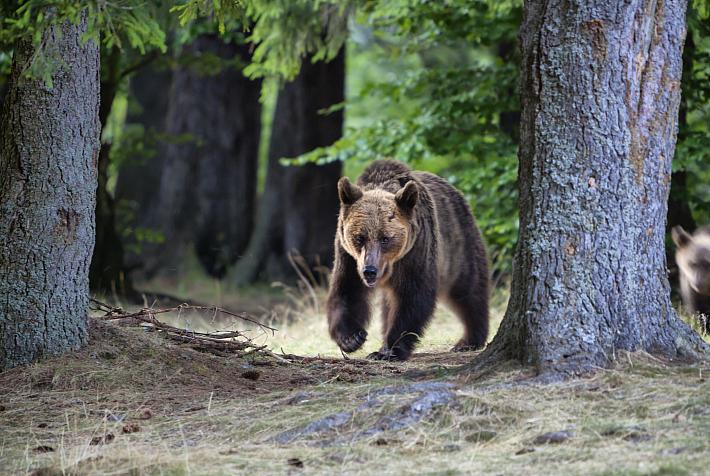EC bans Romania from using bee-killing pesticides

The European Commission (EC) adopted on Monday, February 3, two decisions that prohibit Romania and Lithuania from allowing their farmers to use pesticides that are harmful to bees.
The EC’s decision came two weeks after Romania’s Agriculture Ministry granted an emergency authorization for local farmers to use pesticides known as neonicotinoids for treating corn and sugar beet seeds used for this year’s crops. Neonicotinoids, which are also known as bee-killing pesticides, are banned in the EU. The Agriculture Ministry granted this authorization at the request of three large farmers’ organizations and argued that neonicotinoids are the only viable treatment for corn and sugar beet seeds against several aggressive pests in the soil.
However, the European Commission believes the emergency authorizations granted by Romania and Lithuania are not justified. “Since it has been proven that the use of these substances is harmful to bees, their use has already been limited at EU level. Romania and Lithuania have repeatedly granted emergency authorizations to allow the use of these substances to control certain pests on specific crops - authorizations which the European Food Safety Authority (EFSA) does not consider as justified,” reads a press release issued by the EC.
“This is the first time that the Commission has adopted such decisions. The granting of emergency authorizations for pesticides is only possible if strict conditions are met. The Green Pact for Europe underlines that the sustainability of the food chain is a priority for the EU and we cannot accept that the Member States continue to use pesticides that harm the environment and biodiversity while alternatives are available. The Commission is also creating a database today which will make available all emergency authorizations granted by the Member States,” explained Health and Food Safety Commissioner Stella Kyriakides.
In April 2018, the European Union banned three dangerous pesticides for bees. Although Romania is one of the major European honey producers, the Romanian Government at that time voted against the measure proposed by the European Commission in the Committee for Plants, Animals and Foods (PAFF). Despite Romania’s opposition, the European executive has obtained the support of 16 states to ban neonicotinoids. Romania, Hungary, the Czech Republic and Denmark voted against. As a result, all outdoor uses of the three substances are banned and only the use in permanent greenhouses remains possible.
editor@romania-insider.com
(Photo source: ID 86377613 © | Dreamstime.com)











